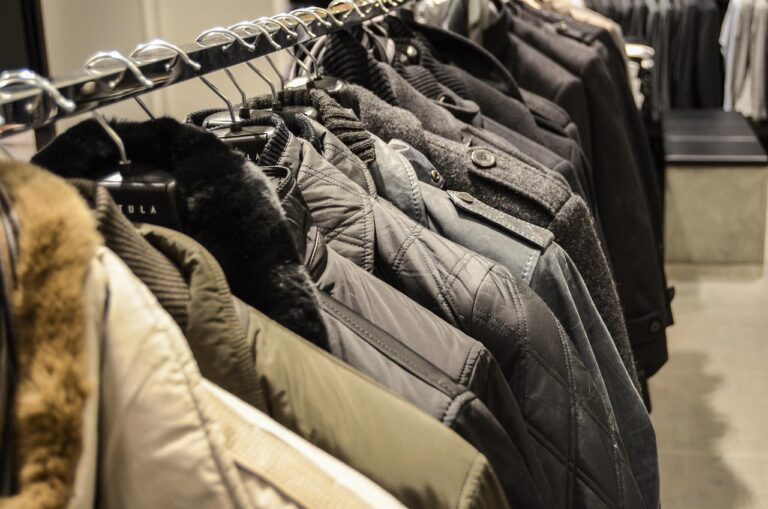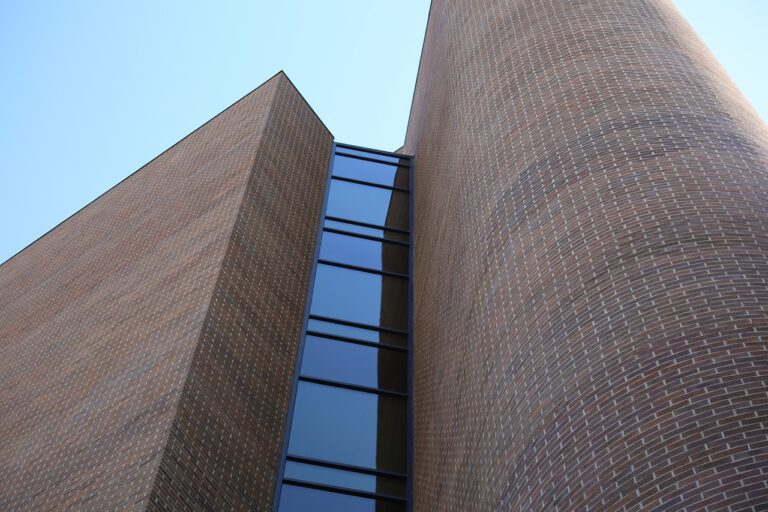Trends in Energy-Efficient HVAC Systems for Commercial Buildings: Lotusbook365, Welcome to play99exch, Allpannel
lotusbook365, welcome to play99exch, allpannel: As commercial buildings strive to become more sustainable and energy-efficient, the HVAC systems they rely on play a crucial role in achieving these goals. With advancements in technology and a growing focus on environmental responsibility, trends in energy-efficient HVAC systems continue to emerge and evolve. In this blog post, we will explore some of the key trends shaping the landscape of HVAC systems for commercial buildings.
Smart HVAC Controls
One of the most significant trends in energy-efficient HVAC systems for commercial buildings is the integration of smart controls. These systems leverage sensors, data analytics, and machine learning algorithms to optimize energy usage based on real-time conditions. Smart controls can adjust temperature settings, airflow, and ventilation to minimize energy waste while maintaining indoor comfort levels.
Variable Refrigerant Flow (VRF) Systems
VRF systems are another key trend in energy-efficient HVAC systems for commercial buildings. These systems use advanced technology to modulate refrigerant flow based on the heating and cooling needs of different zones within a building. This results in more precise temperature control, reduced energy consumption, and lower operating costs compared to traditional HVAC systems.
Energy Recovery Ventilation
Energy recovery ventilation systems are becoming increasingly popular in commercial buildings seeking to improve energy efficiency. These systems capture and transfer heat or coolness from exhaust air to incoming fresh air, reducing the need for additional heating or cooling. By recovering energy that would otherwise be wasted, these systems can significantly lower energy costs and improve indoor air quality.
High-Efficiency HVAC Equipment
Advancements in HVAC equipment have led to the development of high-efficiency systems that consume less energy while delivering superior performance. Energy-efficient boilers, chillers, and heat pumps are designed to maximize energy savings and reduce carbon emissions. Upgrading to high-efficiency HVAC equipment can provide substantial long-term cost savings for commercial building owners.
Green Building Certifications
Many commercial buildings are pursuing green building certifications, such as LEED (Leadership in Energy and Environmental Design), to demonstrate their commitment to sustainability. These certifications often require the implementation of energy-efficient HVAC systems as part of the overall building design. By meeting strict energy performance criteria, buildings can earn recognition for their environmental stewardship and appeal to environmentally conscious tenants.
Renewable Energy Integration
As renewable energy sources become more prevalent, commercial buildings are exploring ways to incorporate them into their HVAC systems. Solar panels, geothermal heat pumps, and wind turbines can supplement traditional heating and cooling methods, reducing reliance on fossil fuels and lowering carbon footprints. By harnessing renewable energy, buildings can further enhance their energy efficiency and environmental sustainability.
In conclusion, the trends in energy-efficient HVAC systems for commercial buildings are driving innovation and sustainability in the built environment. Smart controls, VRF systems, energy recovery ventilation, high-efficiency equipment, green building certifications, and renewable energy integration are shaping the future of HVAC technology. By embracing these trends, commercial building owners can reduce energy costs, improve indoor comfort, and contribute to a greener planet.
FAQs
Q: How can I determine if my commercial building needs an energy-efficient HVAC system?
A: A professional energy audit can help assess your building’s current energy usage and identify opportunities for improvement. A qualified HVAC contractor can recommend energy-efficient solutions tailored to your building’s specific needs.
Q: Are energy-efficient HVAC systems more expensive to install than traditional systems?
A: While energy-efficient HVAC systems may have a higher upfront cost, they typically provide long-term cost savings through reduced energy consumption and lower maintenance requirements. The return on investment for energy-efficient systems can justify the initial investment over time.







